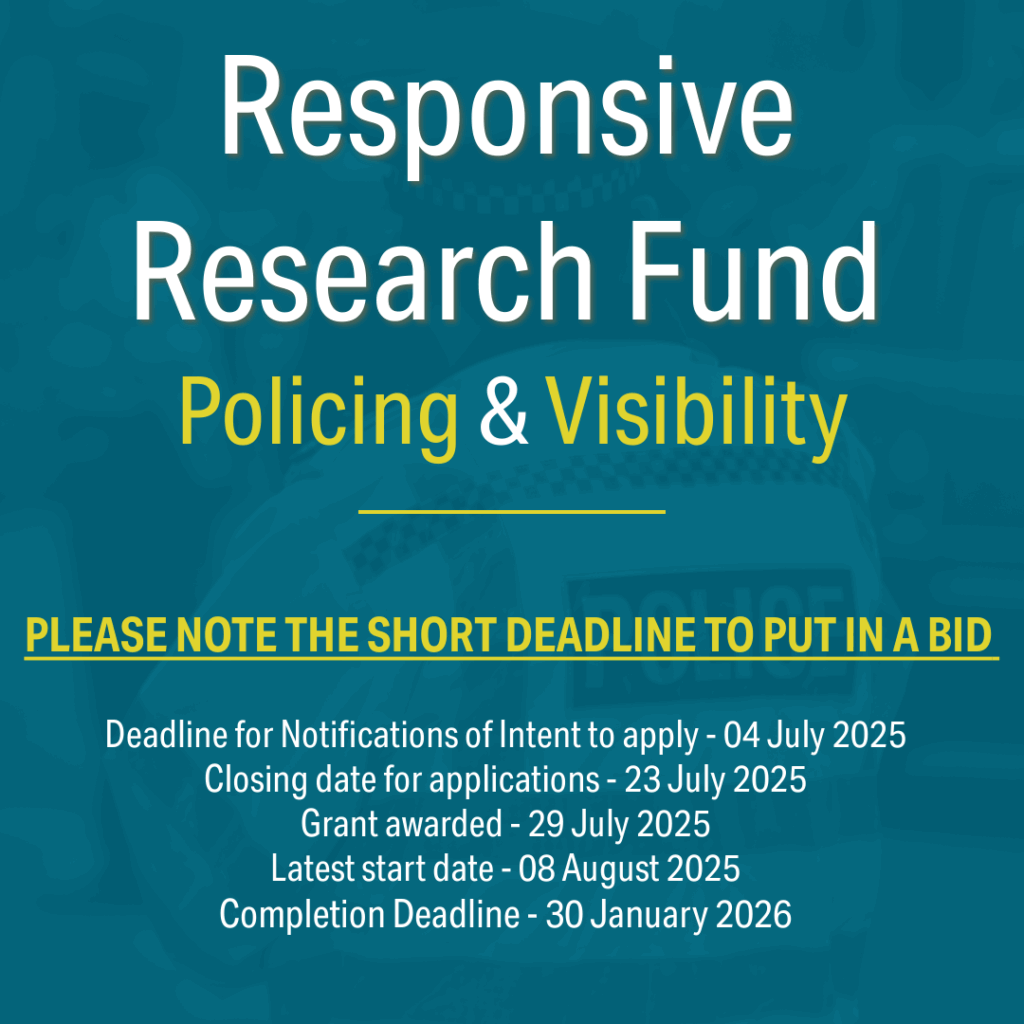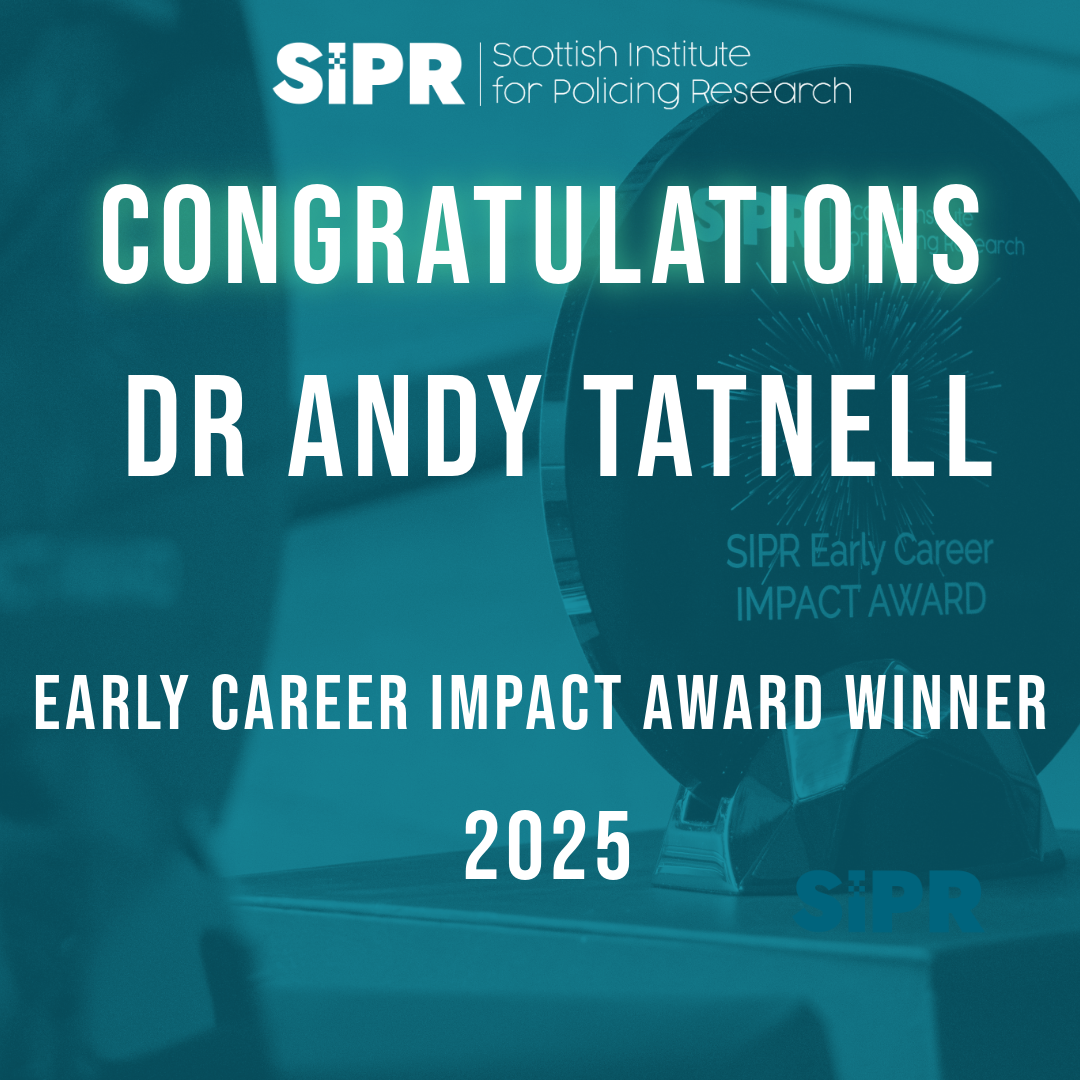Growing a stronger, safer Scotland
This article appeared as an SFC Blog to coincide with the launch of the Report
The seeds of SFC funding have the potential to grow great things. A review, published today, shows that our initial funding for a research project ten years ago has made a difference, helping to contribute towards a safer Scotland and forging strong links between police and academia.
Our initial co-funding of the Scottish Institute for Policing Research (SIPR) in 2007 was one of SFC’s most significant research investments to date. SIPR quickly became self-sustaining and has gone from strength to strength. Ten years after its establishment, the Impact Review explores the value which has grown from SIPR, spurred by SFC funding.
SIPR is an ambitious, innovative, multi-disciplinary, research and knowledge exchange collaboration between 13 Scottish universities and the Scottish police service.
In addition to helping establish the Institute, we provided funding for a small number of policing-related PhDs. By 2016 there were 70 PhD students, completed or currently studying. This dramatic growth in numbers makes Scotland one of the largest centres for postgraduate policing research in the UK. SIPR promotes a collaborative approach to research that involves academics and practitioners from social sciences, natural sciences and humanities – to name but a few – working together in creating, sharing and applying knowledge about policing at a local, national and international level.
SIPR supports the national police policy and practice community in Scotland with high quality, cost effective research and knowledge exchange. As a result the debate on future policing demand and provision is better informed and more widely discussed, contributing to the overall aim of creating a safer environment for the people of Scotland.
As if this weren’t impressive enough, SIPR has been an inspiration around the world, with other countries wishing to replicate similar models in developing their own policing research infrastructure.
Having built up an impressive international network of policing researchers and practitioners over the last ten years, SIPR has created major value for the police. It is strengthening their evidence base for future planning and the sharing of good practice across different policing jurisdictions. Its significant international network has enhanced our universities’ international research profile and impact. Importantly, it has also built up trusting working relationships among international researchers. These have resulted in a growing number of new international research partnerships formed to bid competitively for research funding.
SIPR research is highly regarded, with many universities using SIPR-facilitated projects in their Research Excellence Framework (REF) submissions. SIPR students have also won prestigious awards – In 2016, Dr Kath Murray won the 2016 Economic and Social Research Council (ESRC) Outstanding Early Career Impact Award for her doctoral research on police-public encounters which revealed very high levels of stop and search in Scotland. Her research sparked a wide debate which has resulted in new legislation, major changes in police practice and a 93% drop in stop searches and seizures.
SIPR is an exemplary investment for SFC in the extent of its ongoing achievement and it has significant potential to make even more of a difference. As the saying goes “mighty oaks from little acorns grow.”



